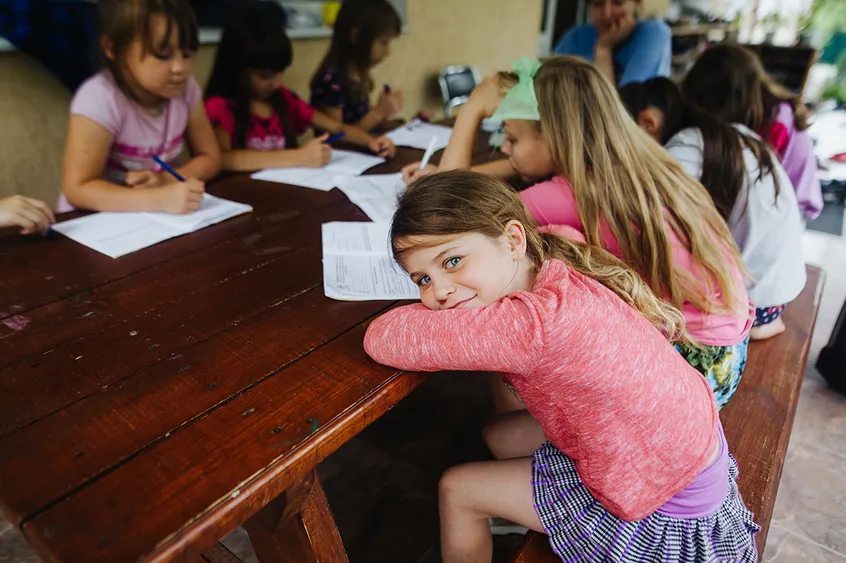Moldova has suffered particularly badly in the Covid pandemic, coming as it did on the heels of a severe drought and disastrously poor harvests in 2020, which added to the already heavy burdens of the poor and vulnerable.
Poverty is endemic in large sections of the populace, and its consequences are evident not only in material terms but in the realm of relationships, and particularly family life. This scenario is common in a number of East European countries. Families are poor. The parents cannot find work to sustain their children and their homes. They take the decision to go to other countries where work can be found, and children are left in the care of ageing grandparents who themselves find life difficult and challenging. Often this results in children growing up without adequate parental guidance and discipline, and falling prey to many dangers and temptations, including addiction, sexual abuse, and even human trafficking. It is no exaggeration to say that chaos is evident in many family situations.
There is profound and widespread concern in the evangelical churches for those caught in such circumstances, and a deep desire to address the needs of children and young people in an effort to protect them from potentially disastrous influences in their lives. The usual comprehensive camp programmes of the churches, catering for thousands of young people each summer, are not possible, but believers are neither sitting on their hands, nor merely wringing them in disappointment. Instead, church leaders and youth workers supported by SGA[UK] are organising ‘day camps’ – a daily programme of events, activities and Bible talks in many villages and small communities. The only missing ingredient, by necessity, is the residential element. Instead of the young people ‘going off’ to camp, camp is coming to them, carefully planned and enthusiastically supervised and carried out in multiple locations across north Moldova.





Trump, Putin, Ukraine: what's going on?
As Christians, we know that “Blessed are the peacemakers” (Matthew 5:9).And yet we also know that what is required …